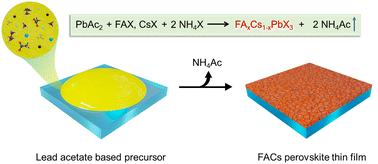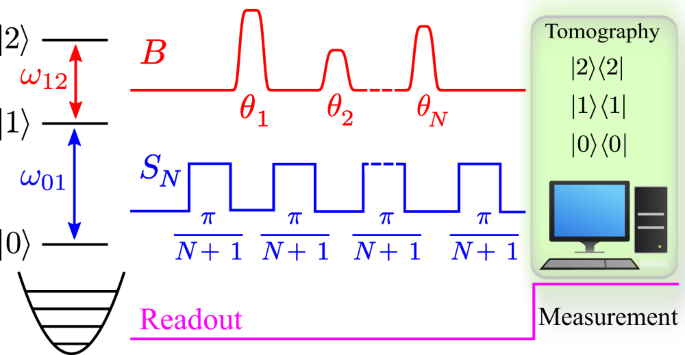2022-12-21 オーストラリア連邦研究会議(ARC)
モナシュ大学に拠点を置くExciton Science社のメンバーは、21%の効率を持つペロブスカイト太陽電池を作成することに成功し、これは非ハライド鉛源を用いたデバイスとしては過去最高の記録となりました。
この太陽電池を用いた小型プロトタイプでは、18.8%の効率を達成した。大面積のペロブスカイト層は大気中で製造され、1ステップのブレードコーティングによって作られたため、工業規模の製造が可能であることが実証されました。また、試験デバイスは熱安定性が高く、65℃で3,300時間動作させても効率が低下することなく機能し続けました。
モナシュ大学の博士課程に在籍する筆頭著者Jie Zhaoは、次のように述べています。「酢酸鉛を使ったワンステップ・スピン・コーティング・プロセスにより、完璧で高品質なホルムアミジニウム-セシウム・ペロブスカイト薄膜を得ることができました。
この成果は、Energy and Environmental Science誌に掲載されました。
<関連情報>
- https://excitonscience.com/news/ammonium-secret-ingredient-stable-efficient-scalable-perovskite-solar-cells
- https://pubs.rsc.org/en/Content/ArticleLanding/2022/EE/D2EE01634F
酢酸鉛ベースの前駆体からの高効率で安定したホルムアミジニウム-セシウムペロブスカイト太陽電池およびモジュール Efficient and stable formamidinium–caesium perovskite solar cells and modules from lead acetate-based precursors
Jie Zhao, Sebastian O. Fürer, David P. McMeekin, Qingdong Lin, Pin Lv, Jisheng Ma, Wen Liang Tan, Chao Wang, Boer Tan, Anthony S. R. Chesman, Huiyu Yin, Andrew D. Scully,Christopher R. McNeill,Wenxin Mao,Jianfeng Lu, i-Bing Cheng and Udo Bach
Energy and Environmental Science Published:01 Dec 2022
DOI;https://doi.org/10.1039/D2EE01634F
Abstract
Controlling the crystallization process of perovskite thin films to obtain a high-quality material is one of the most challenging aspects for upscaling perovskite solar cell (PSC) technology. The use of non-halide lead sources, such as lead acetate, is a potential solution to this issue due to the fast perovskite crystallization process triggered by the facile removal of acetate during post-annealing. However, to date, lead acetate has been used exclusively as a precursor for the synthesis of methylammonium (MA) or caesium (Cs) based perovskites, which are unstable and less efficient. Here, we expand the lead acetate precursor route to form mixed A-cation perovskites, namely, formamidinium–caesium lead perovskite. High-quality large-area formamidinium–caesium mixed-cation perovskite films were produced by blade-coating a lead acetate-based precursor formulation in an ambient laboratory environment, with the use of NH4+ as a volatile cation to drive off acetate during annealing, leading to formation of PSCs with a power conversion efficiency (PCE) of up to 21.0%. Blade coated mini-modules with an aperture area of 10 cm2 displayed PCEs of up to 18.8%. The encapsulated PSCs showed excellent thermal stability, with no evidence of efficiency loss after 3300 hours at 65 °C.




